Phoenix Fashion Elvis & Kresse
Couple-run Elvis & Kresse is a sustainable and ethical brand turning waste material into fashion accessories. We talk to co-founder Kresse Wesling about this social enterprise.

What's the aim of Elvis & Kresse
Linear economy and design is all about take, make, waste but we rescue, transform and donate. Starting with waste we design a solution which changes the value of the material and allows it to be diverted from landfill. Taking a tonne of fire hose to landfill will cost you £500 but we can turn it into £60,000 of value by transforming it into beautiful accessories like handbags, belts and wallets. We’ve gone on to apply this principle to 15 materials, including printing blankets, leather waste from Burberry, auction banners, parachute silk and tea sacks which we use to make everything from bag lining to leaflets.
We reduce waste and re-distribute up to 50% of profits to projects and charities related to the reclaimed materials– including the Fire Fighters Charity, WWF and Comic Relief. We also give back by employing lots of apprentices.
Why is sustainability important to you?
I grew up in Canada surrounded by pristine nature but in the 90s I won a scholarship to attend school in Hong Kong where waste was rampant and recycling non-existent. But it was reading the book Silent Spring that changed me. It’s an environmental science book written in a novelistic style that punches you in the chest.
Why did you decide to be a social enterprise??
I didn’t! Until I was asked to be part of a social enterprise ambassadors programme I didn’t know what it meant, but for me the financial side of business has always been a way to achieve my environmental and social goals.
I studied politics at university because I wanted to make a difference but I became disillusioned when I learnt how western democracies work – it didn’t sit well with my lack of patience and inability to compromise! When I began working I realised the power of small business and that making money means you don’t have to compromise on your values.
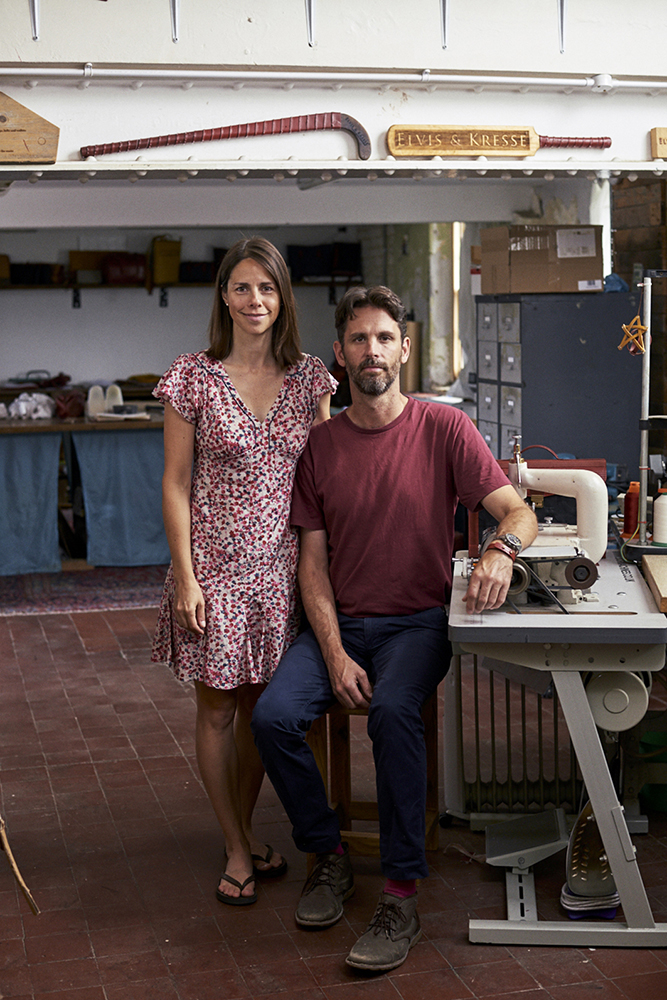
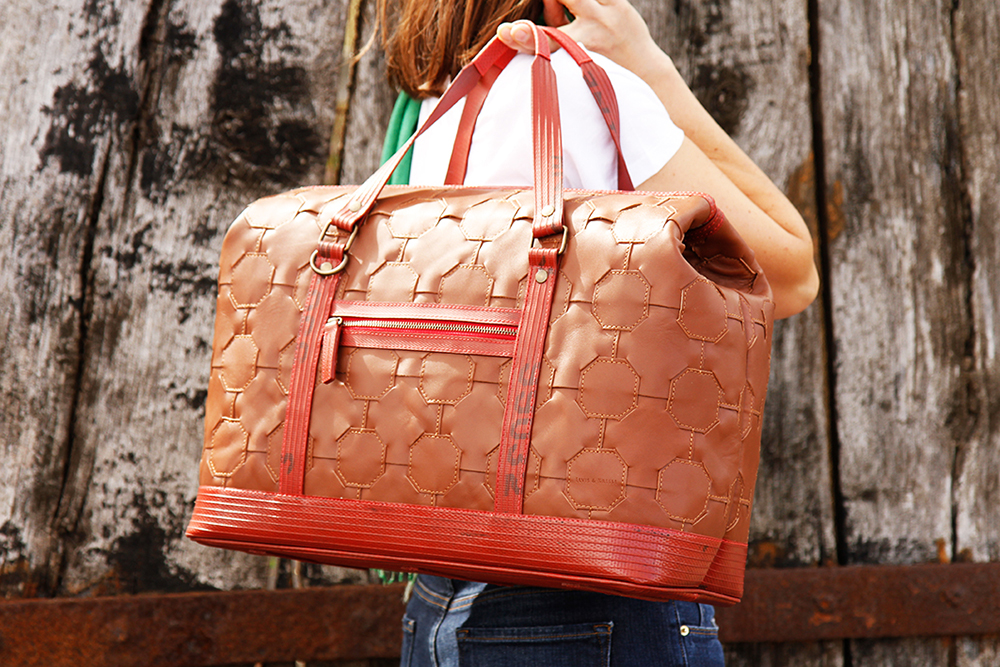
How did you and Elvis meet?
On a boat, at a super heroes party in Hong Kong. When Superman walks up to you and introduces himself as Elvis your life either changes or it doesn’t! At the time I was running a biodegradable packaging company but after the first shipment biodegraded en-route I decided it was time to leave and moved to the UK to be with Elvis.
We make a strong partnership because I love waste materials and want to rescue them and Elvis is able to turn them into something people will love.
Where did the business idea come from?
After I moved to the UK I had some time to consider what I wanted to do. I became preoccupied with the UK’s awful recycling rates and while researching in the British Library I found something interesting and depressing: in 2004 a staggeringly unsustainable 100 million tonnes of waste went to landfill. I started visiting landfill sites to see what that looked like.
If you show an interest in a job like landfill management, people are very helpful and I learnt a lot. First, once waste is at landfill, there’s no turning back. Secondly, household waste is a mess – everything from dog poo and hair to cling film and chicken bones. Lastly, industrial waste is often a uniform material that comes in a consistent amount on a consistent basis and isn’t cross-contaminated – it’s liquid gold!
I saw fire hose at a landfill site but I didn’t think about it again until a chance meeting with some lovely people from the London Fire Brigade on a course. They told got that they send up to ten tonnes of hose to landfill each year and invited me to their Croydon station where it all ends up. Four days later I told them I’d take the hose and if I made anything from it I’d give them half the money. They thought that was hilarious but a year later I made £134 and last year we donated £150,000 to the Fire Fighters Charity.
How did you go about tranforming the hose?
I went back to the British Library and researched the history of fire hose, discovering that the first were made of leather but now it’s made of a composite rubber and nylon which can’t be recycled. I also learnt that some French luxury brands were using the same material in accessories but they were producing it from scratch.
That gave me the idea of what to do with it but neither of us were designers. We searched France, Spain and Italy for a manufacturer but no one wanted to help us so we bought an industrial sewing machine and Elvis started experimenting. He’s done project managing and logistics, is an ocean master yachtsman, a bike mechanic and one exam away from being an air traffic controller but he still wouldn’t describe himself as a designer, rather a very stubborn reverse engineer! Five years later we started our own factory.
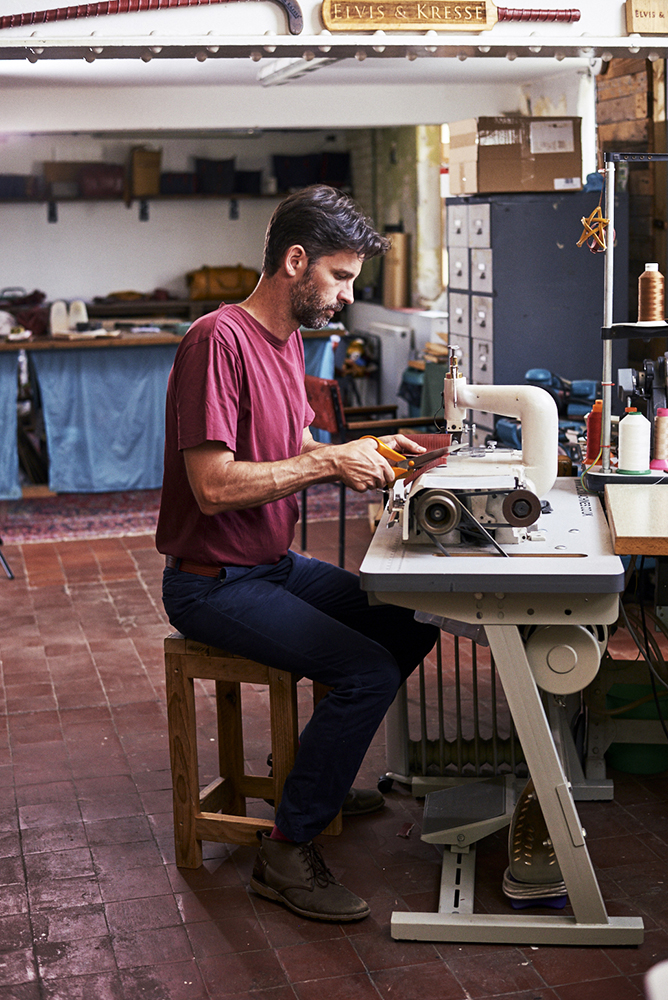
How did you get your message out?
We were featured in the Financial Times several times – mostly because people couldn’t understand why we were giving profits away – and in 2009 we got in the first issue of Green Vogue, which put us on the map.
A chance meeting at an event bringing business leaders and social enterprises together led to us selling Apple phone cases all over Europe. It was held on a farm and there was no phone signal unless you climbed this grassy knoll. I spotted a guy from Apple up there so I followed him and casually took my phone out which was in an Elvis & Kresse case – that piqued his interest!
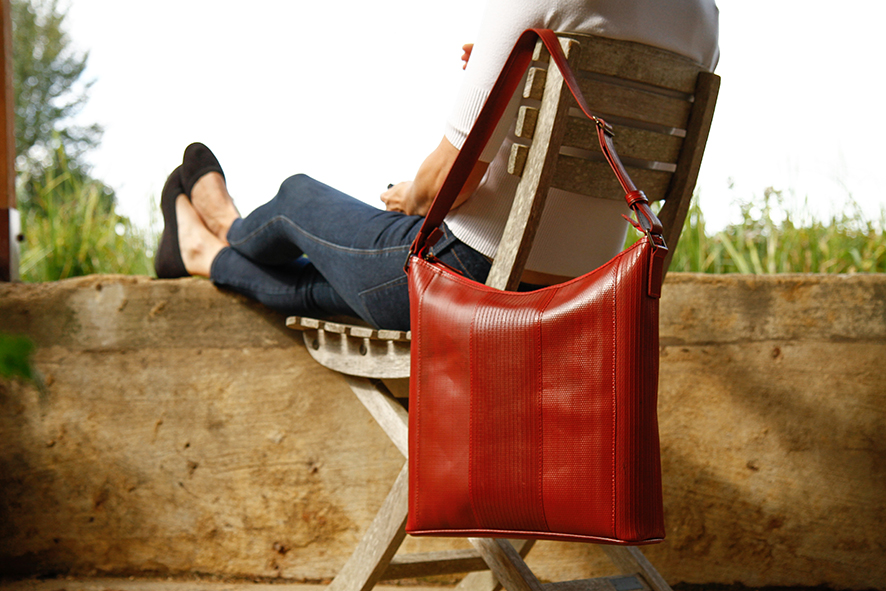
Have you had any disasters?
Yes, with Apple! They were great to work but annoyingly never warned us before they launched a new product. When they released the iPhone 4 we had just shipped them 1,000 cases for the iPhone 3 which they promptly sent them back to us. It was devastating and obviously we couldn’t throw them away so Elvis made a dummy iPhone 4 from the specs online and luckily the dimensions hadn’t changed so we put new stickers on them and sent them right back!
What's next for Elvis and Kresse?
Our latest project is turning aluminium waste into hardware so we verify that the metal we use is 100% reclaimed. In the UK we litter 16 million aluminium cans and 20% of cans aren’t recycled. We’re working with Queen Mary University to design a cheap-to-make solar-powered forge so we can put that waste aluminium to good use. The design will be available to all so we can kick-start a recycling revolution.
How should business operate in 2021?
We can’t cut and paste how we live into a circular economy because there are too many people and not enough materials. We have to consume less, redefine success and learn to cherish each other and resources. We should aim for a donut economy, where no economic activity can exist unless it’s within planetary and social boundaries – meaning everyone is paid and treated well and we aren’t messing up the environment. You don’t expect people grow their family every year and it should be the same with business. When you are at maximum positive impact and regenerative ability, you probably shouldn’t grow anymore.
Trash to be Treasured
Check out Elvis & Kresse’s full range of sustainable accessories from bags and purses to belts and notebooks, plus a range of stylish homeware.
elvisandkresse.com
This is a feature from Issue 4 of Charitable Traveller. Click to read more from this issue.


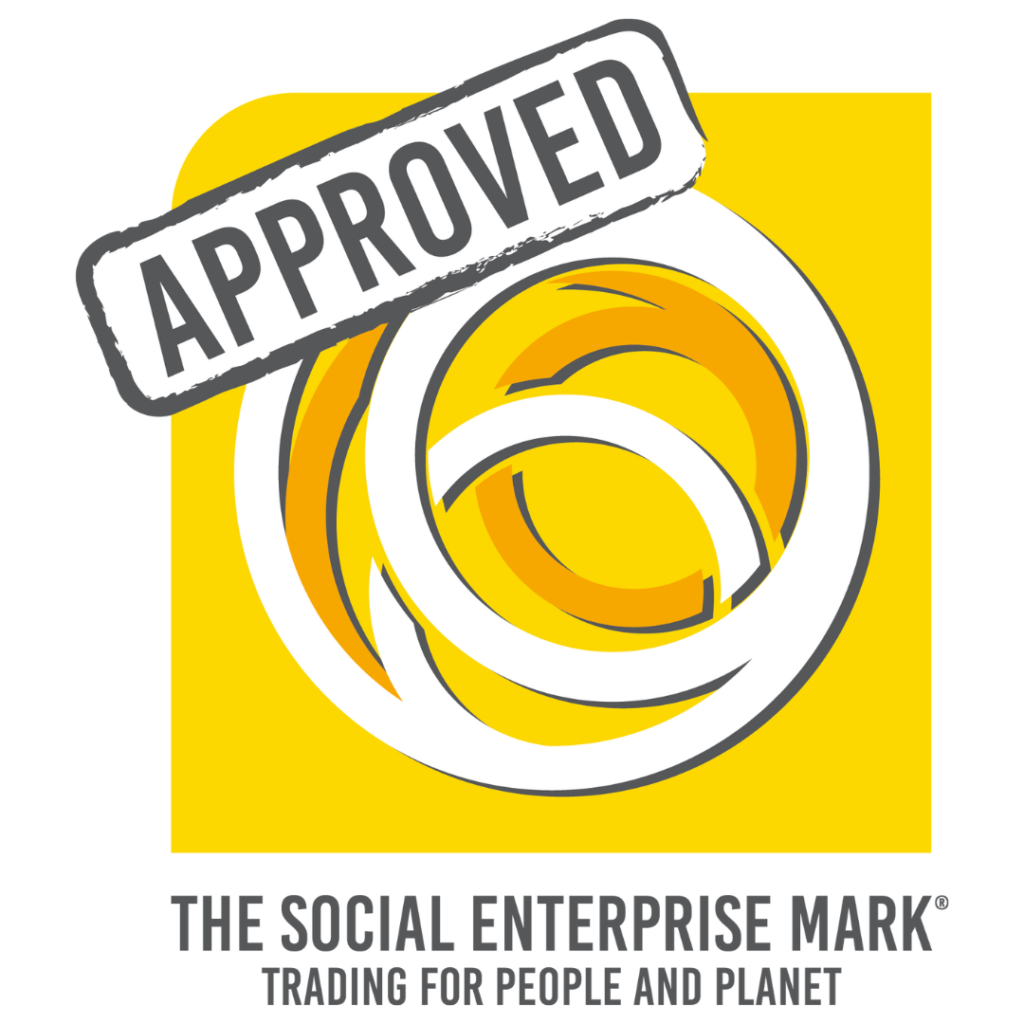
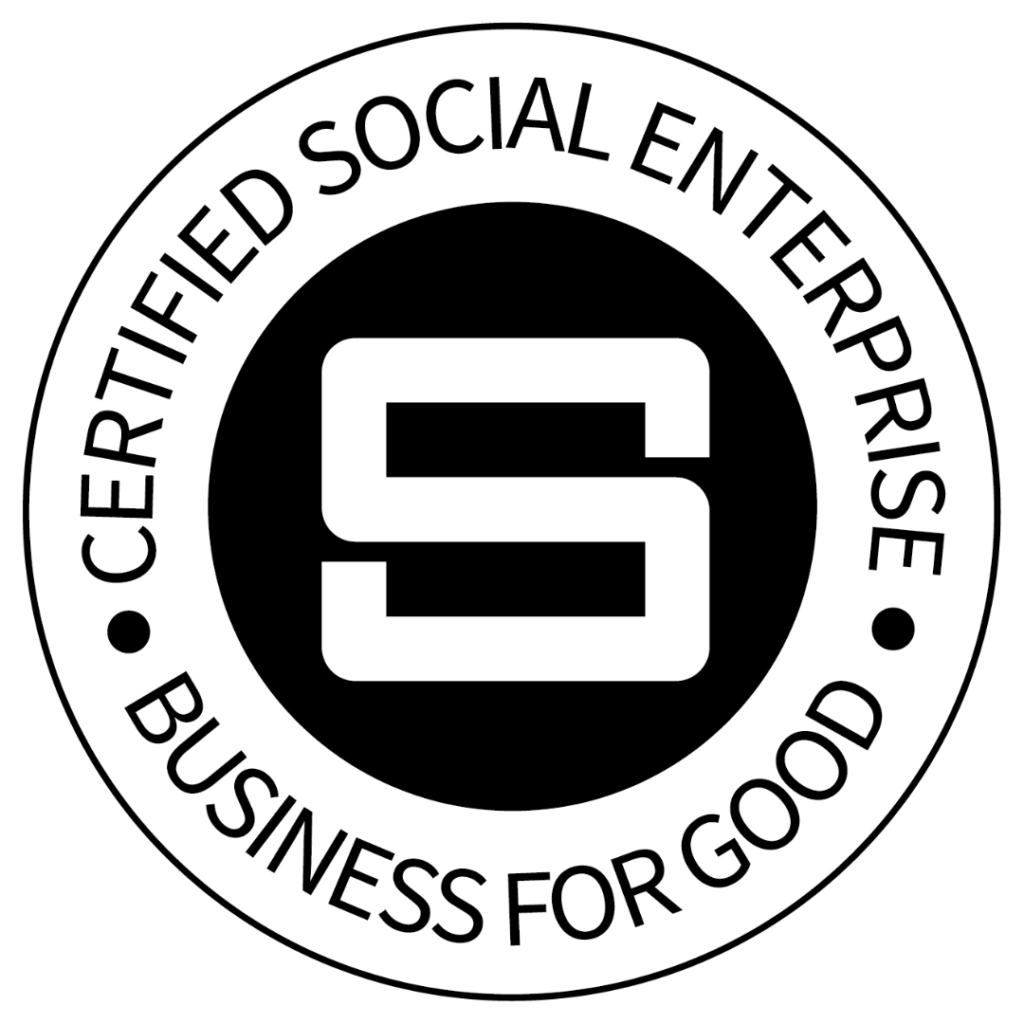


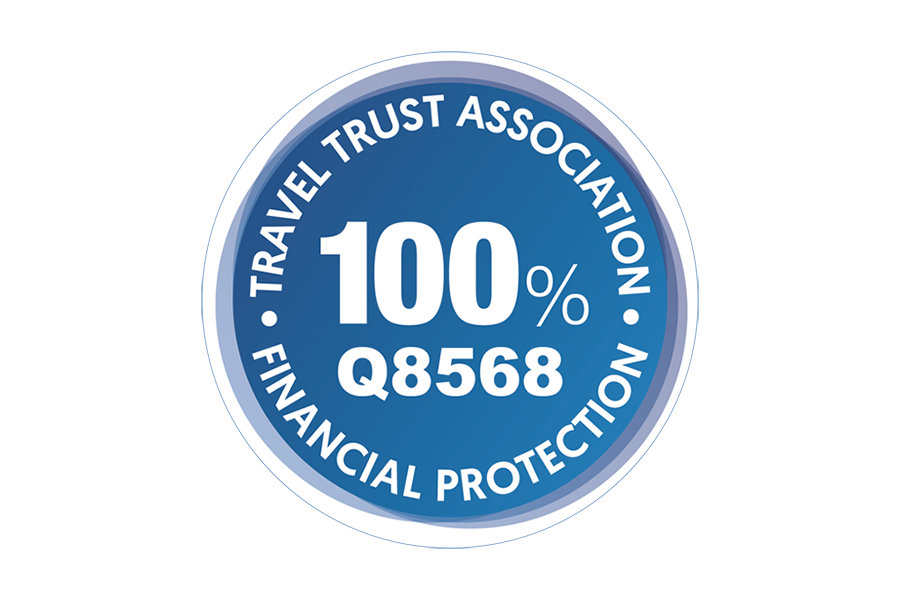
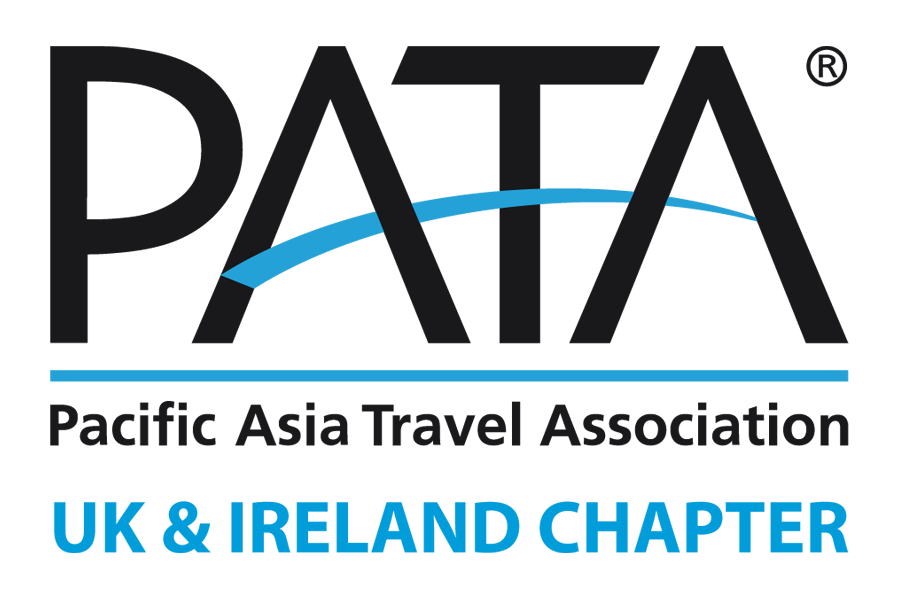
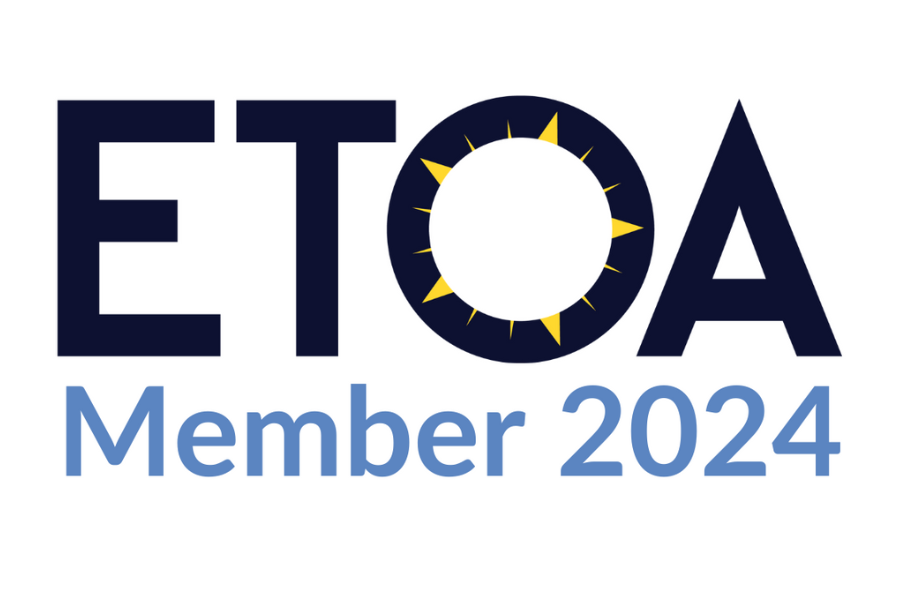
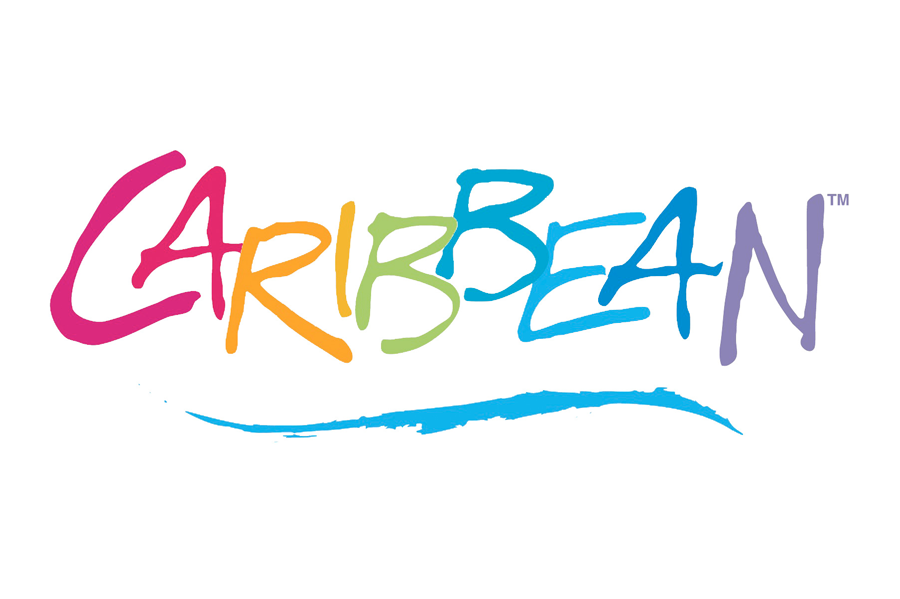
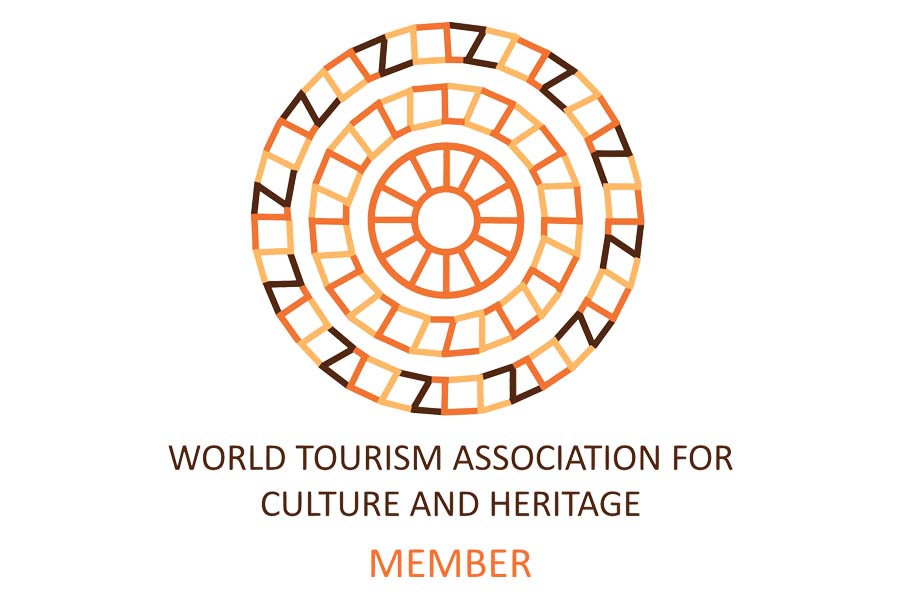
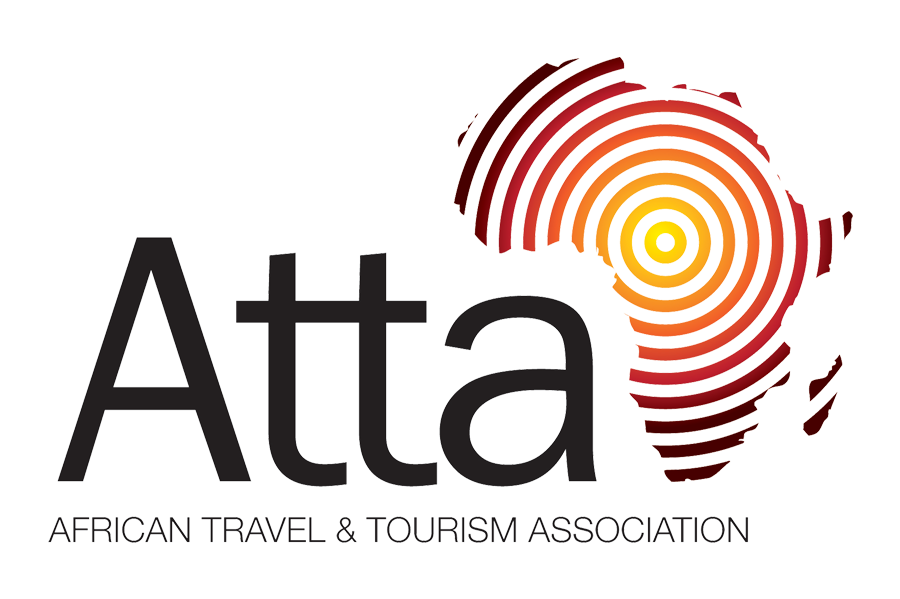

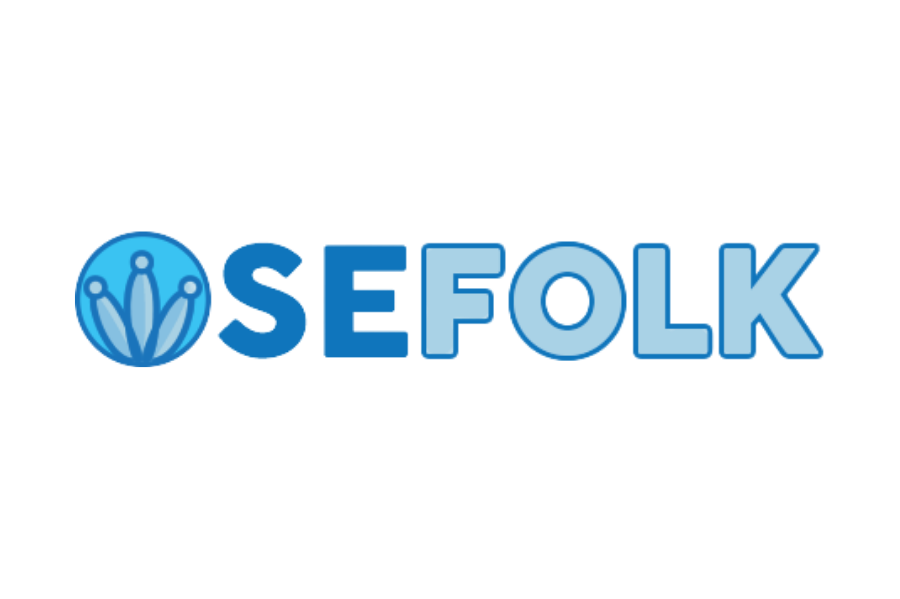
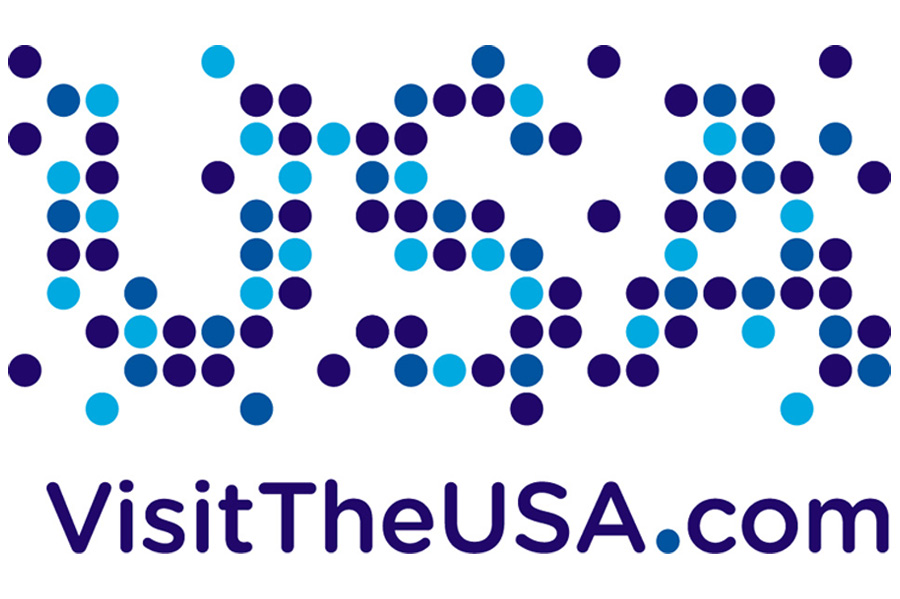
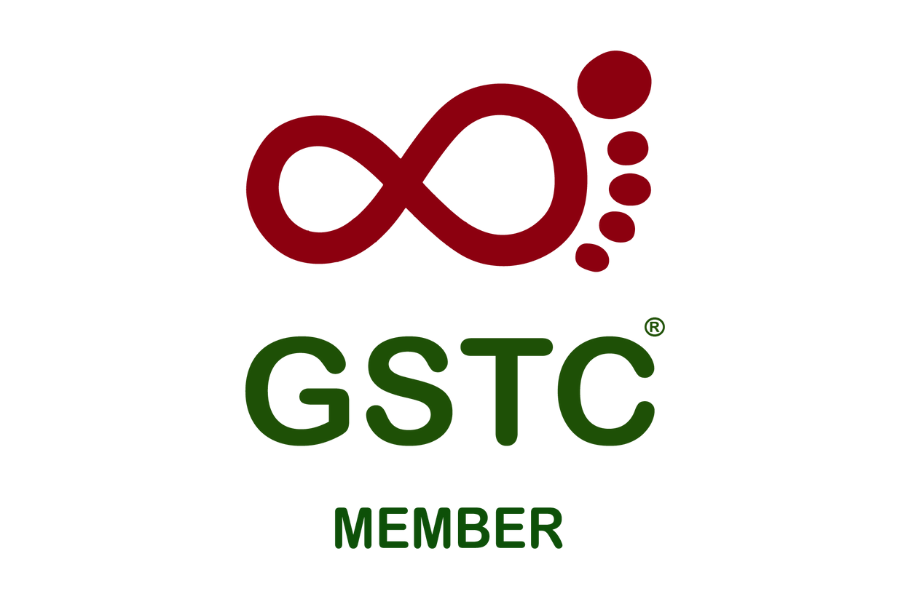

 by net effect
by net effect